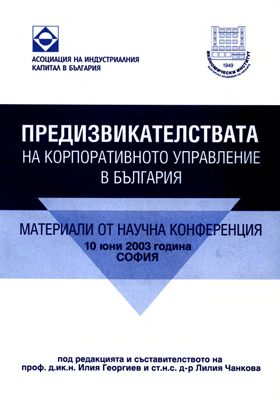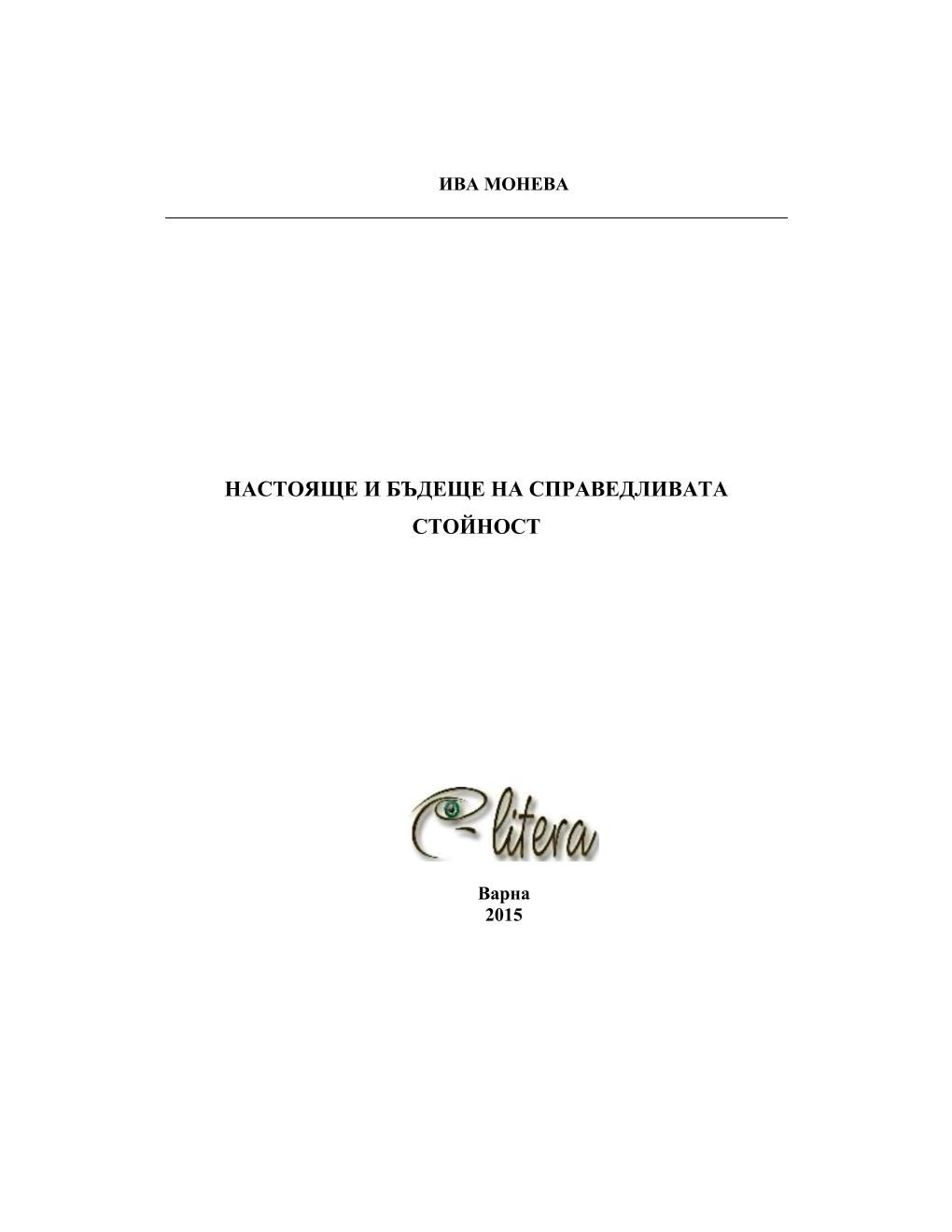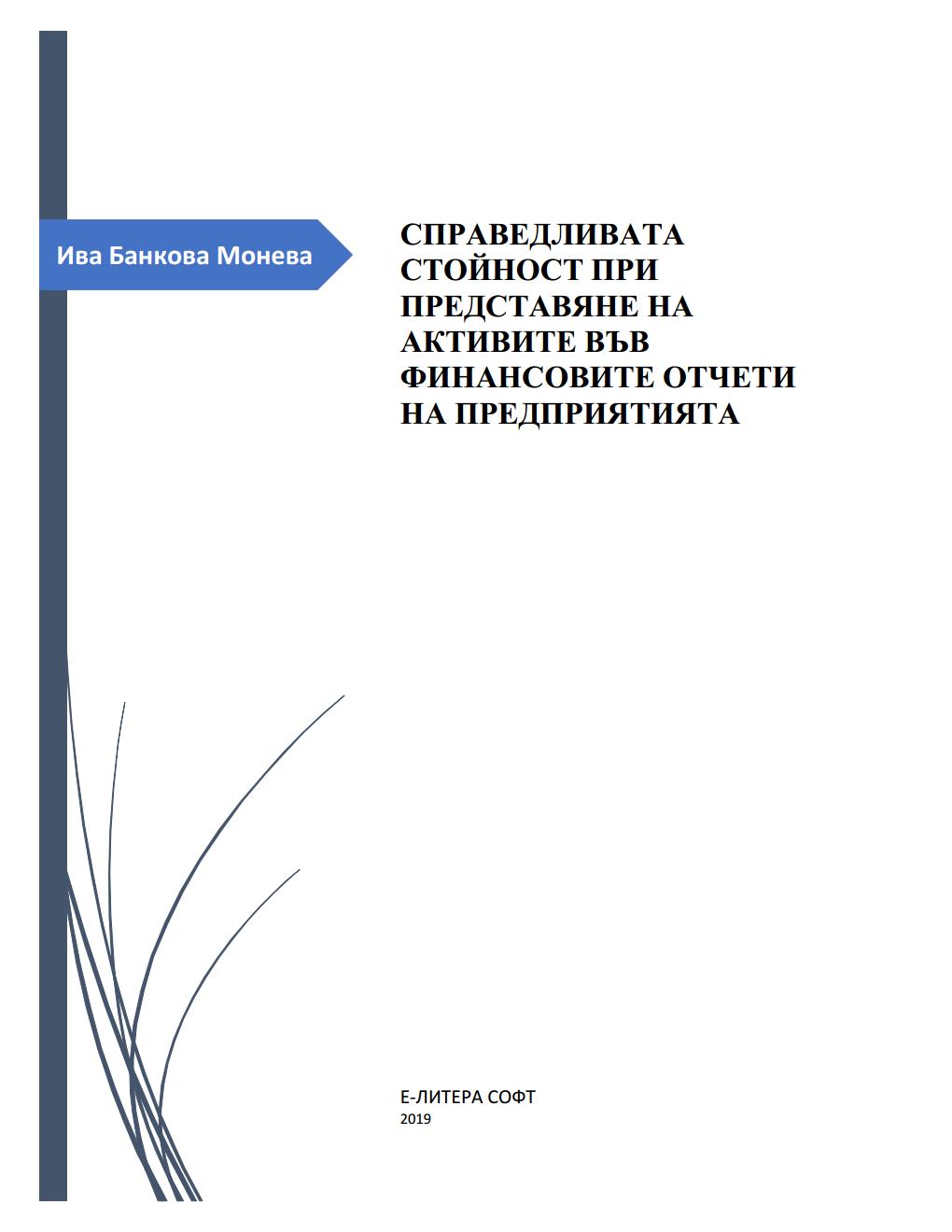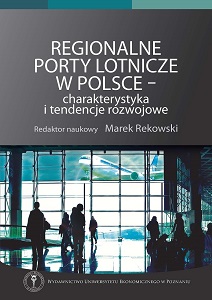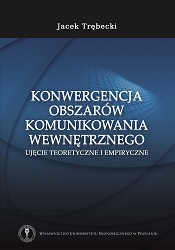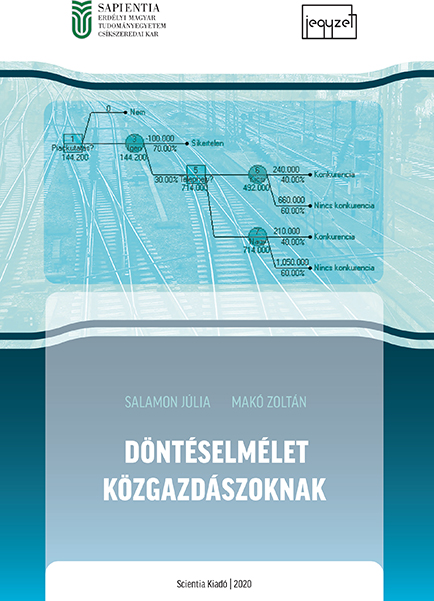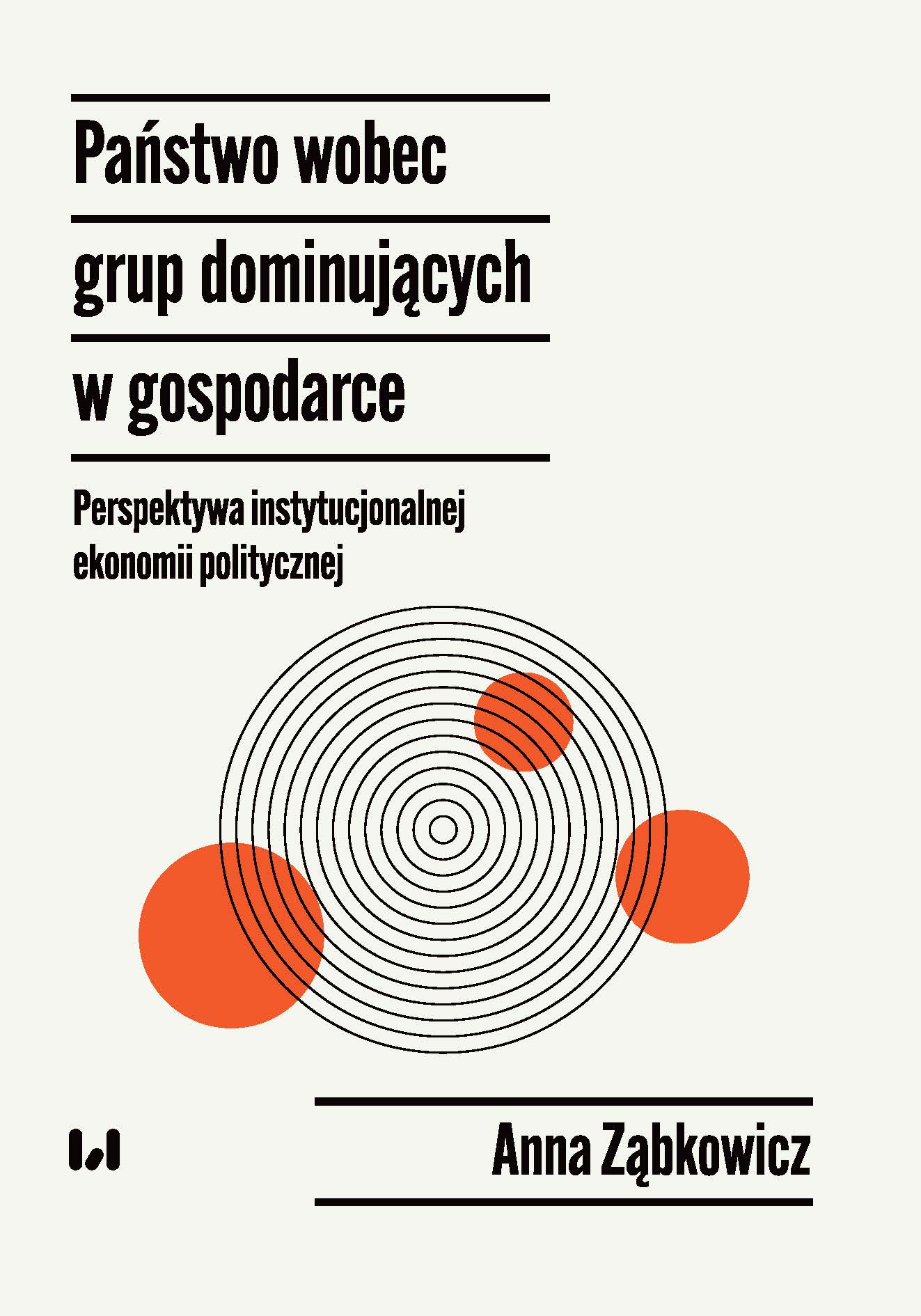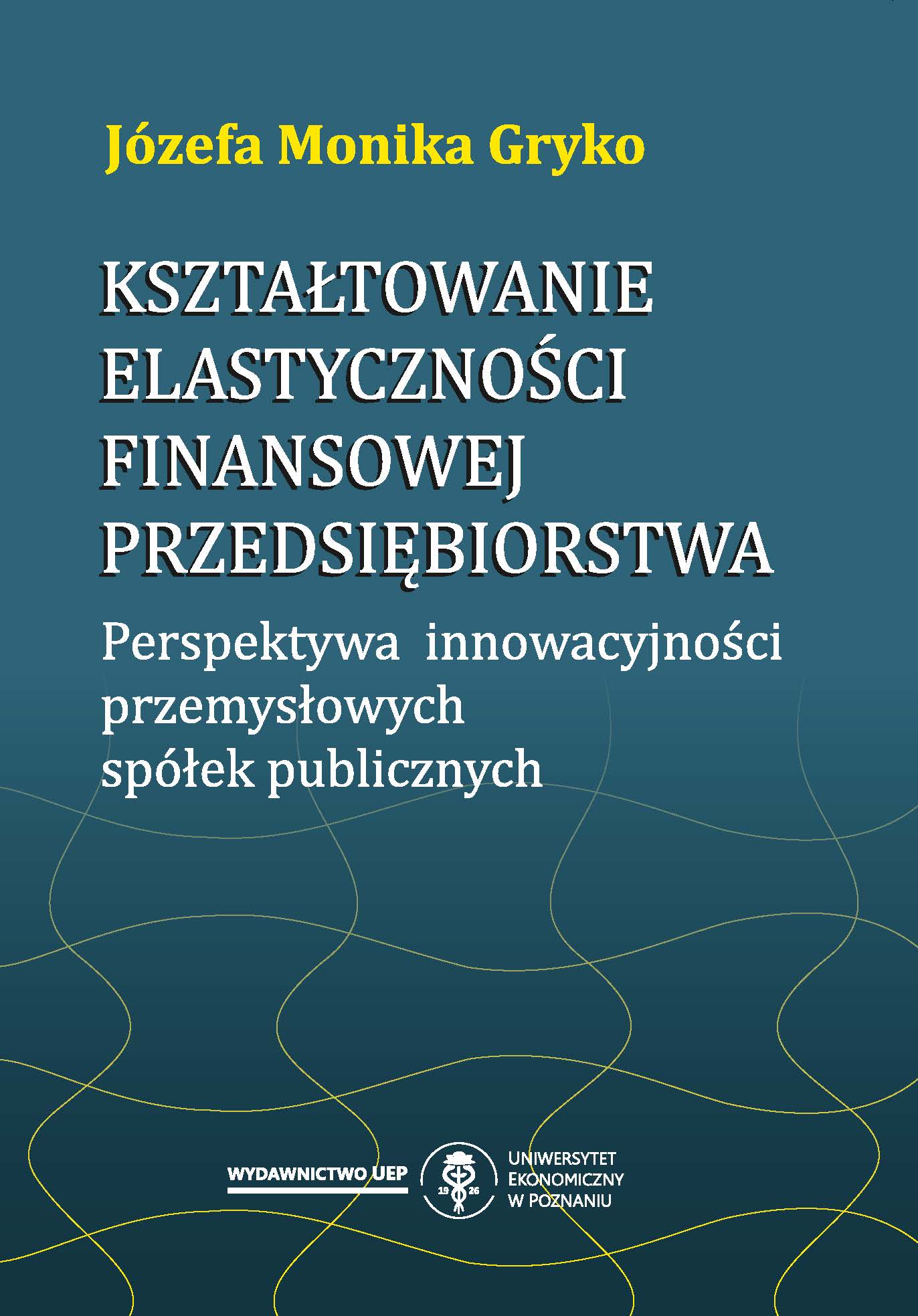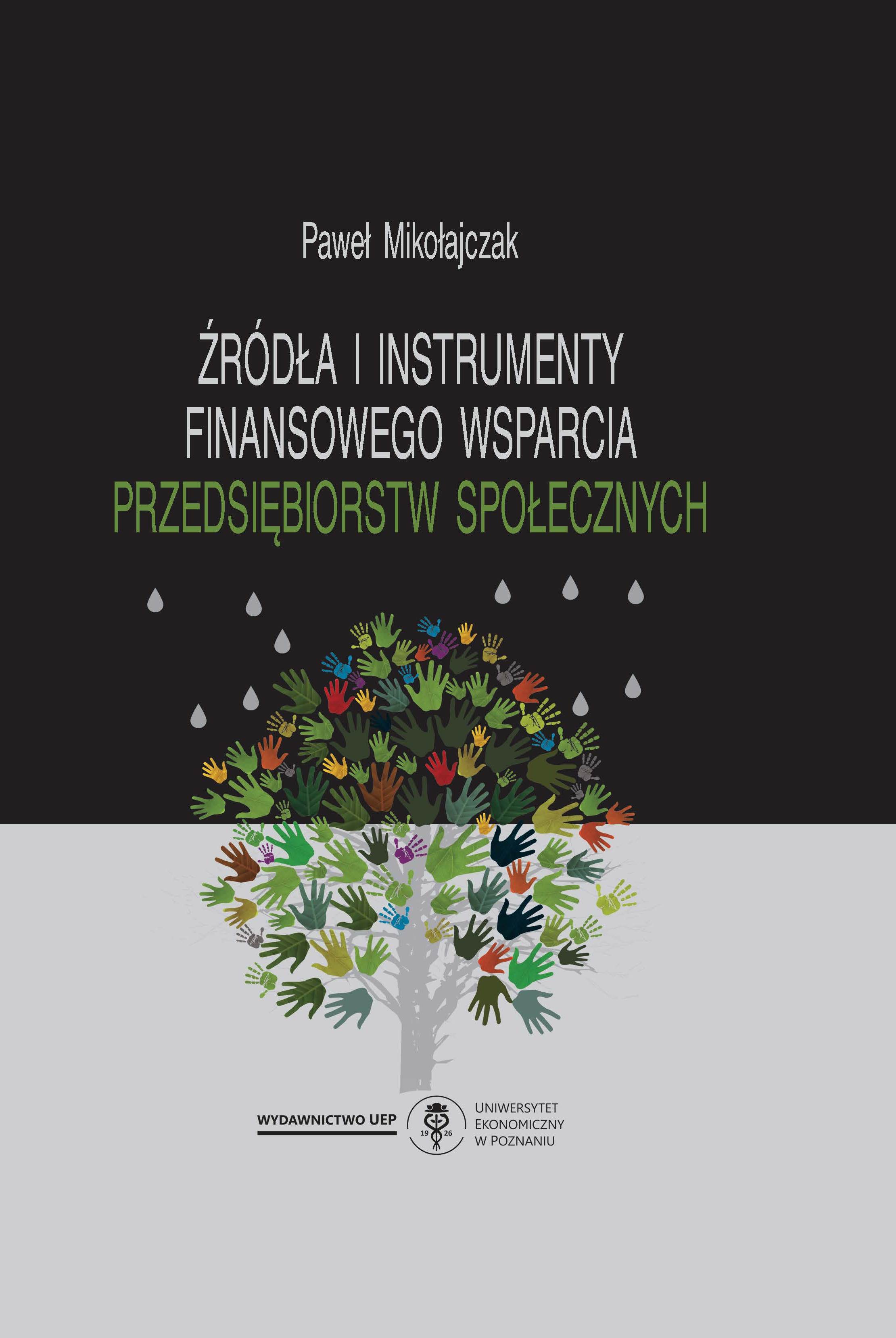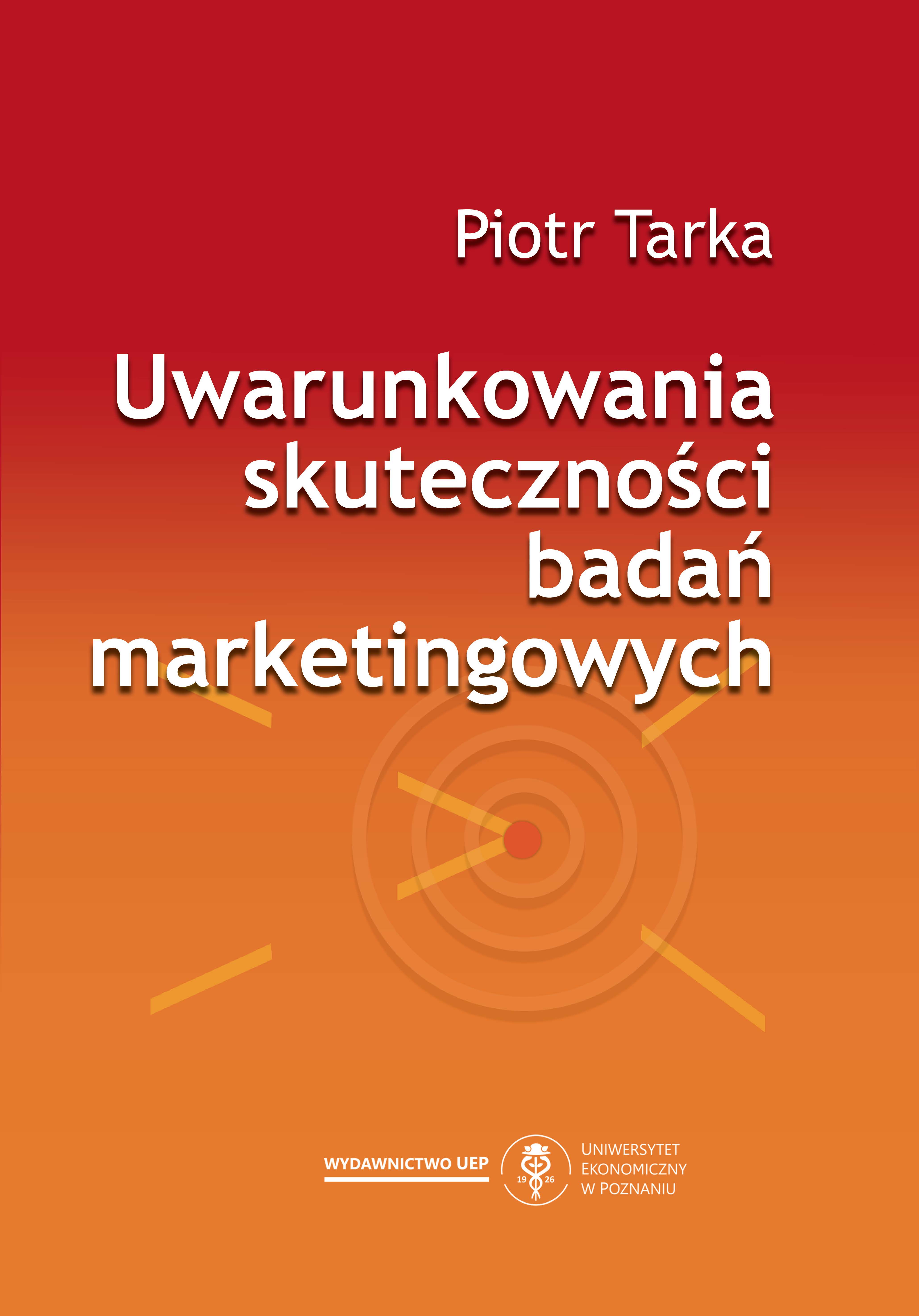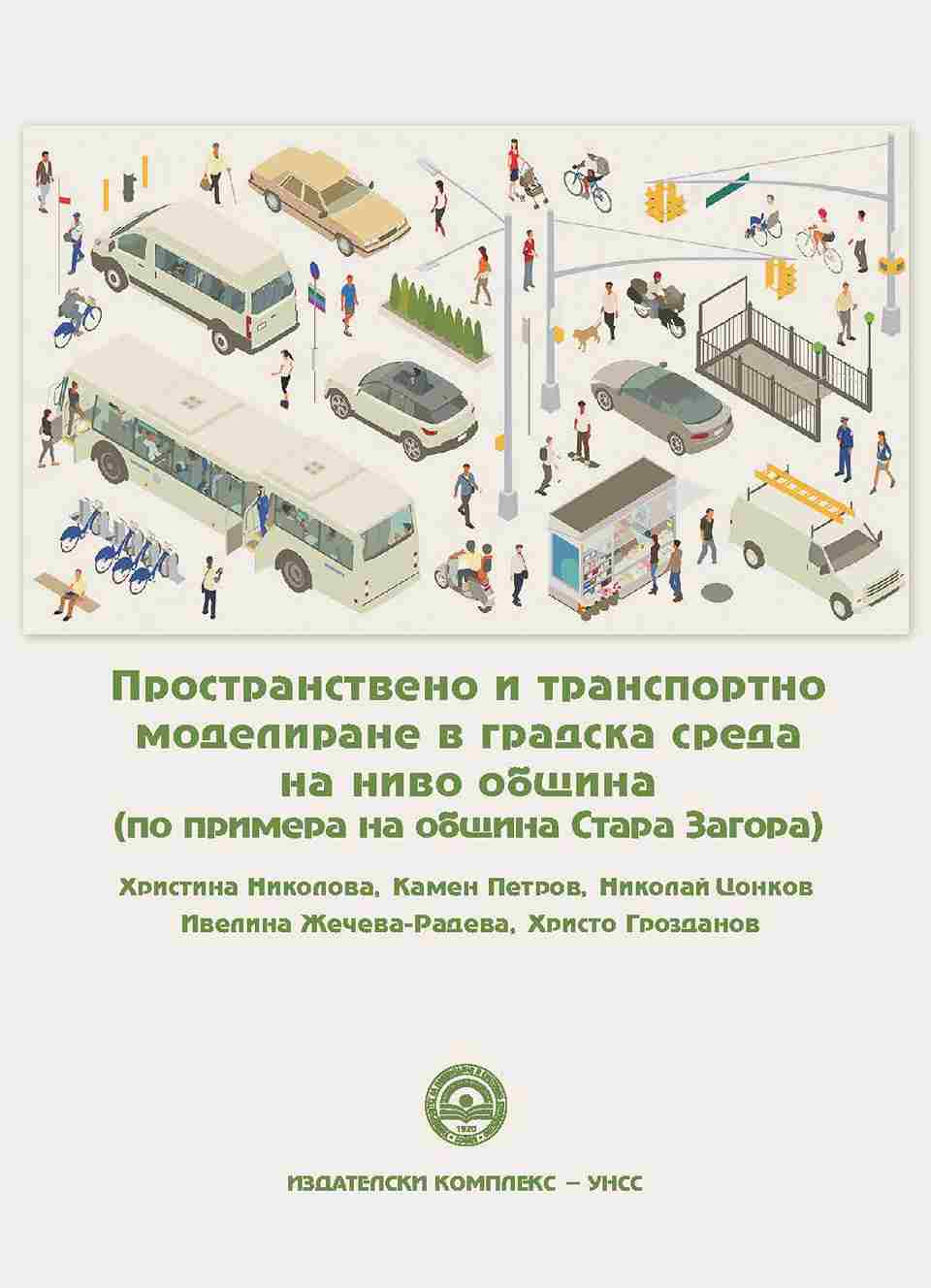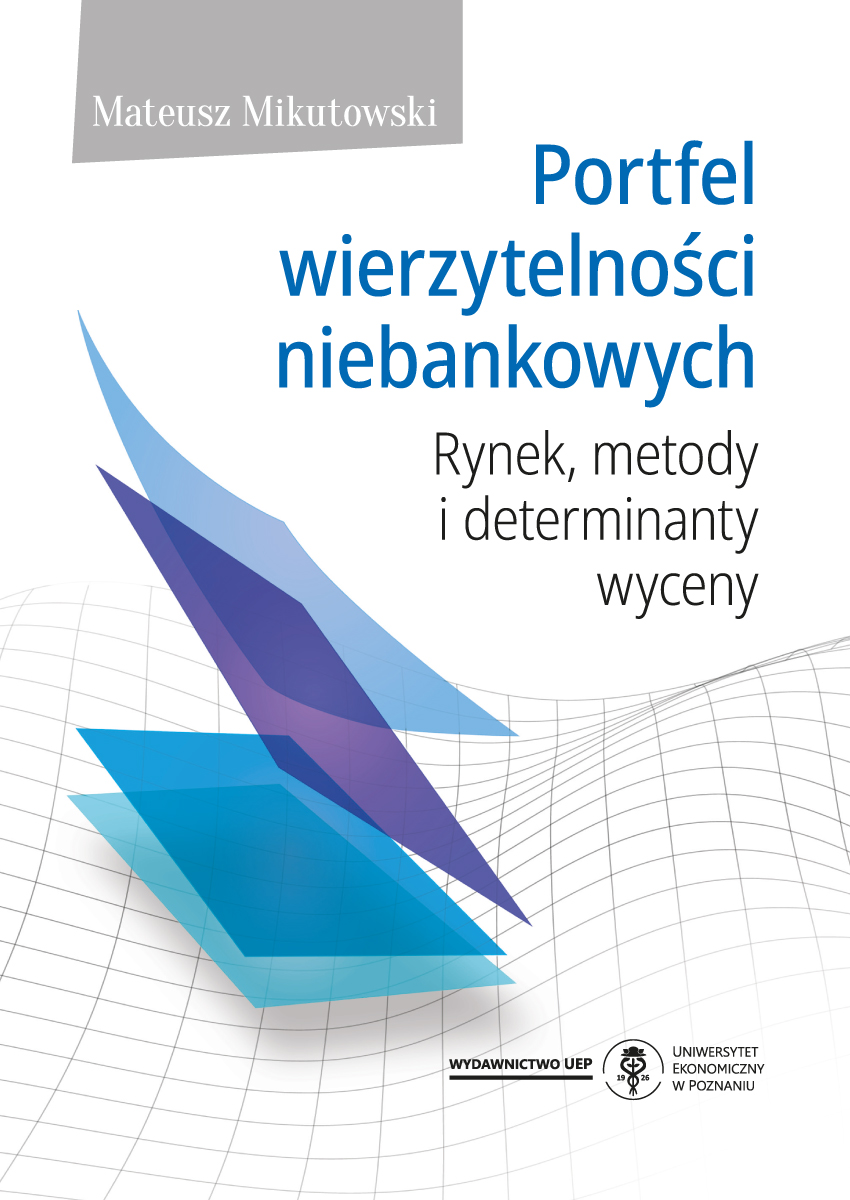Author(s): Agnieszka Wrzochalska,Petropoulos Dimitrios,Claudia Sandulescu,Aleš Kuhar,Hristina Harizanova-Bartos,Ani Dimitrova,Bozhidar Ivanov,Vasil Stoychev,Violeta Blazheva,Vladimir Dimitrov,Yulia Dzhabarova,Daniela Dimitrova,Milen Vlaev,Ivelina Zhecheva-Radeva,Svilen Kolev,Rositza Nenova,Pavel Sheytanov,Teodora Semerdjieva,Anton Blagoev,Yulia Dojchinova,Kristina Todorova,Ralitsa Terziyska,Nelly Bencheva,Teodora Stoycheva Stoeva,Rayna Dimitrova,Mariya Stanimirova,Yuri Zarev,Nataliya Nedelcheva,Albena Miteva,Atanas Totliakov,Angelina Peicheva,Gergana Slavova,Atanas Totlyakov,Ralitsa Terziyska,Georgi Aleksiev,Kostantin Stankov,Konstantin Stoyanov,Dora Doncheva,Silvia Tomova-Zaharieva,Mihail Kozhuharov,Nikoleta Tsarigradska,Darina Zaimova,George Zheliazkov,Kristina Todorova,Petar Marinov,Mihaela Mihaylova,Pavlina Ivanova,Petia Branzova,Milkana Mochurova,Maria Kotseva-Tikova,Mariya Topchieva,Monika Kabadzhova,Hristo Petrov,Anton Krastev,Tatiana Gevrenova,Lyubomir Levicharov,Iva Kostova,Ruslan Kolarov / Language(s): Bulgarian
The current proceedings includes research results in the field of rural development and competitive agrobusiness development. It presents experienced and young scientists from Poland, Slovenia, Greece, Macedonia and Romania, working at the University of Ljubljana, the Institute of Agrarian and Food Economics in Warsaw and the Technological Educational Institution of Peloponnese Kalamata.
More...
